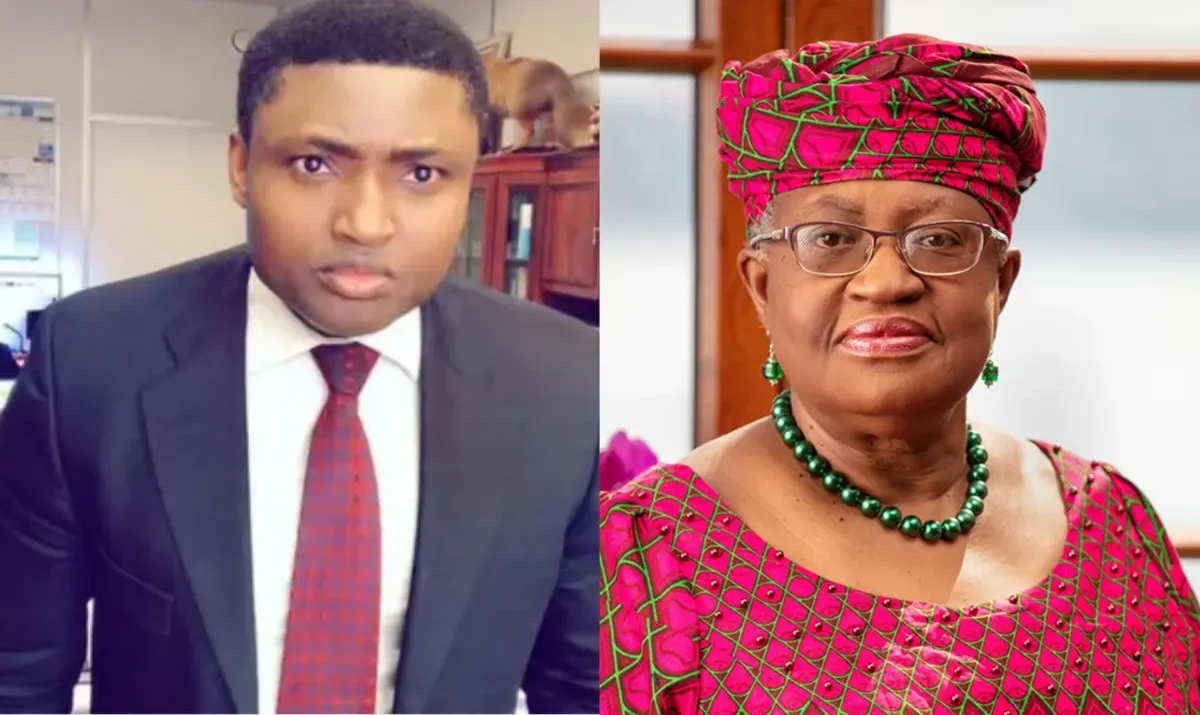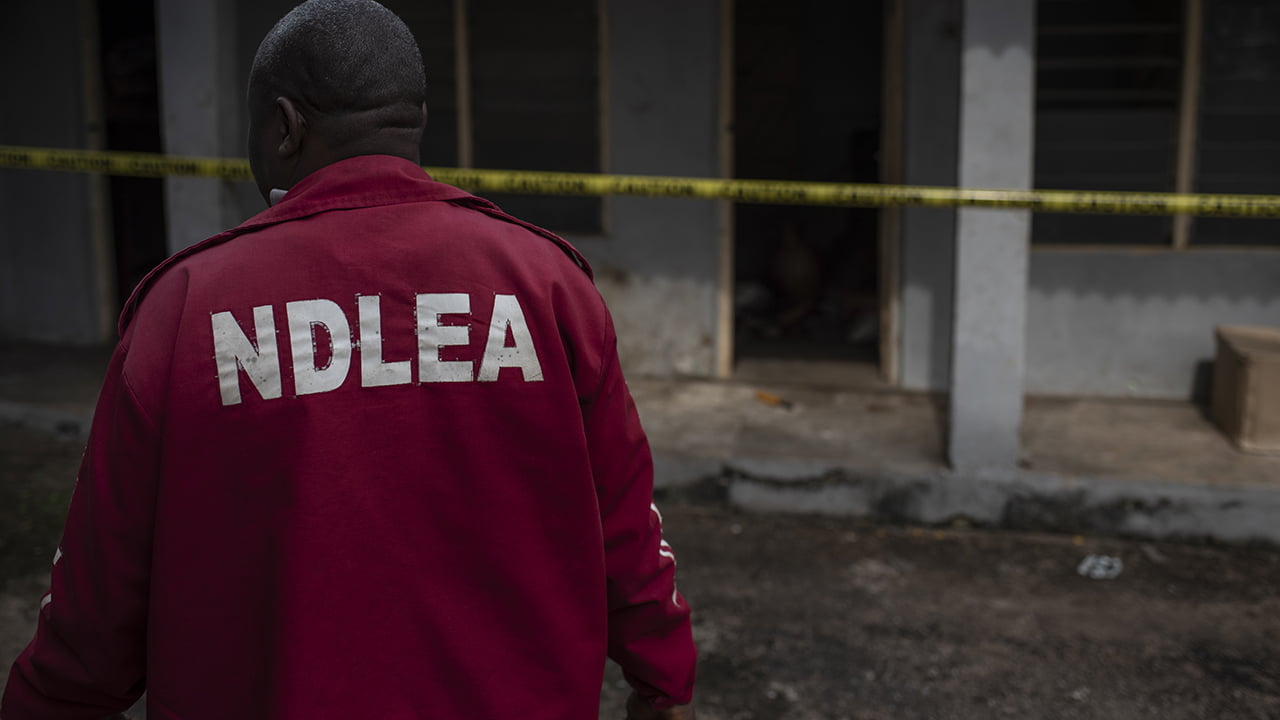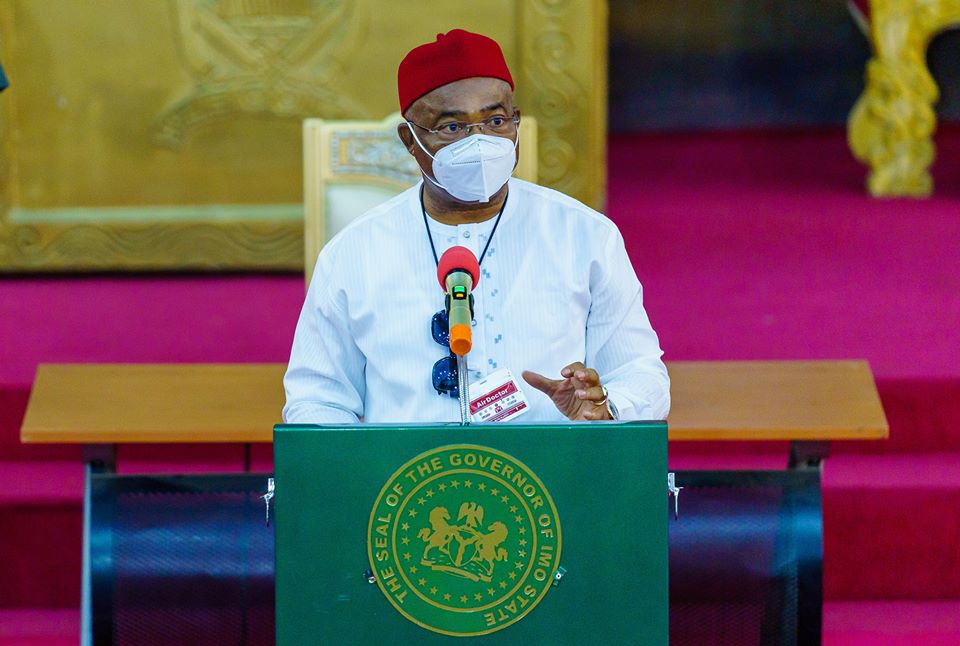Biafra separatist leader Simon Ekpa has denied claims that he announced a $57.5 billion loan agreement from the World Bank, allegedly facilitated by former Nigerian Finance Minister Ngozi Okonjo-Iweala, for the Biafra Republic Government in Exile. The purported statement gained traction on social media, prompting Okonjo-Iweala, who now serves as Director-General of the World Trade Organization, to issue a stern denial, labeling the claim “outrageous.”
Okonjo-Iweala responded via her social media handle, expressing disbelief at the rumors and underscoring the importance of refuting false information. “I know no sensible person will believe what is contained in the outrageous tweet below, but in these troubled times, it is important to underscore that the statement is false,” she wrote, calling on those spreading misinformation to desist.
Ekpa, replying through his X handle, refuted any association with the alleged loan statement, criticizing the misrepresentation of his stance. “I never tweeted such; it is surprising that you [Okonjo-Iweala] can tweet this because your name was mentioned,” he stated, adding that while his advocacy has focused on addressing the violence and unrest in Nigeria, Okonjo-Iweala has remained silent on these issues. He expressed his respect for her position and integrity but emphasized that the loan claim was entirely fabricated.
The exchange has sparked conversations about the challenges of misinformation in sensitive national discussions, particularly as Biafra-related topics gain attention. Ekpa further accused unnamed parties of “photoshopping” content to falsely implicate public figures, commending Okonjo-Iweala for her swift response to the misleading narrative.
The incident highlights the ongoing challenges in navigating digital misinformation, with both Okonjo-Iweala and Ekpa reiterating the importance of discerning between genuine and fabricated content. As the misinformation circulates online, the exchange has drawn considerable public interest, emphasizing the need for accuracy and accountability in public discourse.







2 Comments